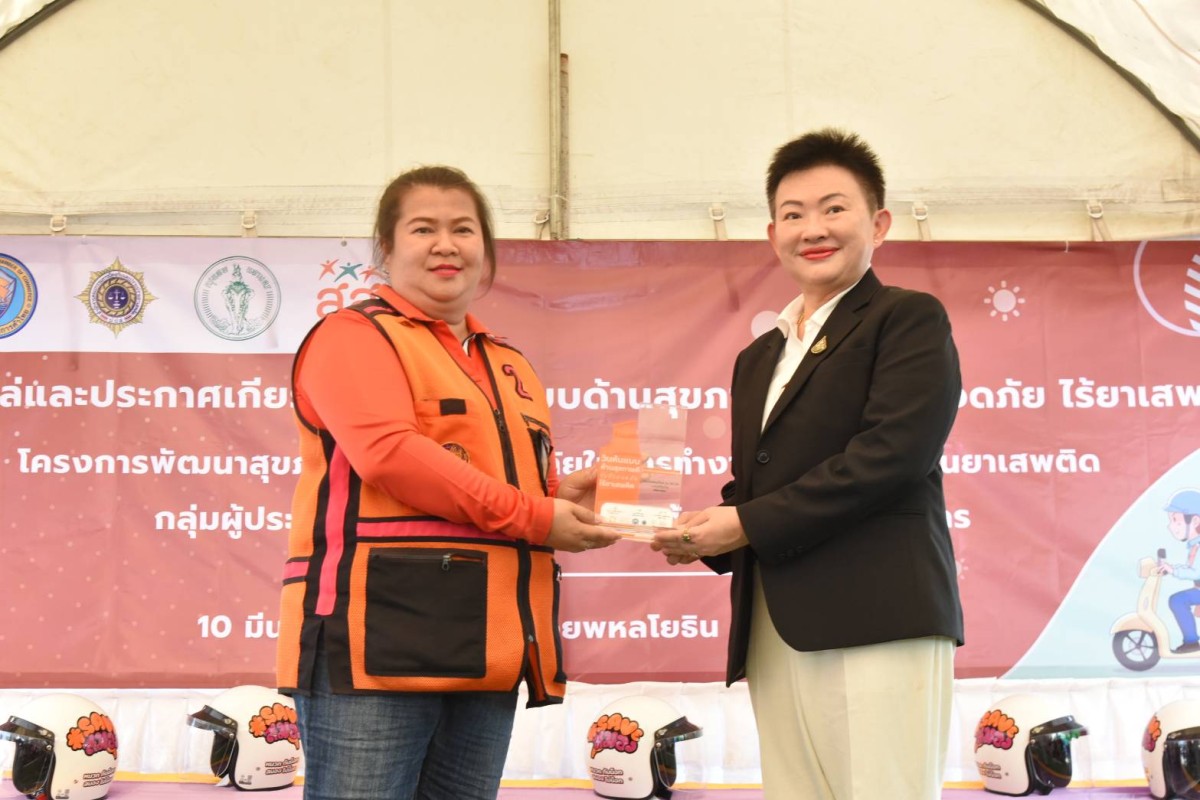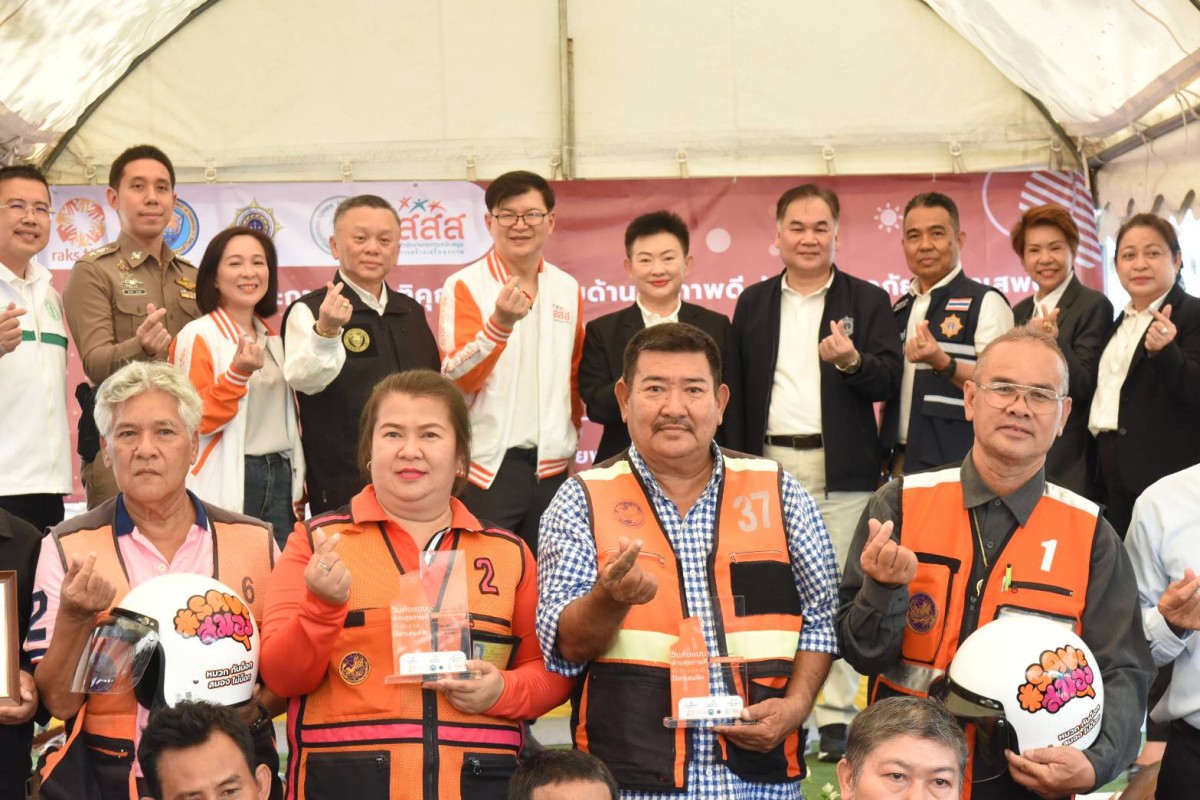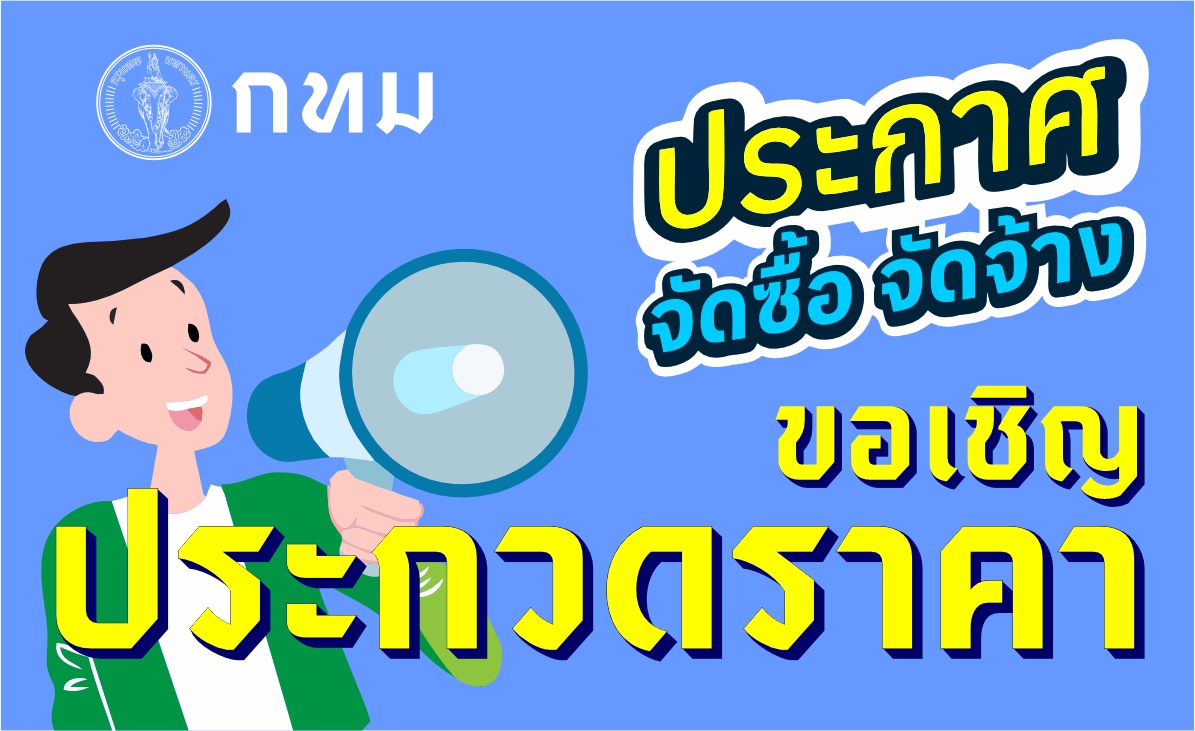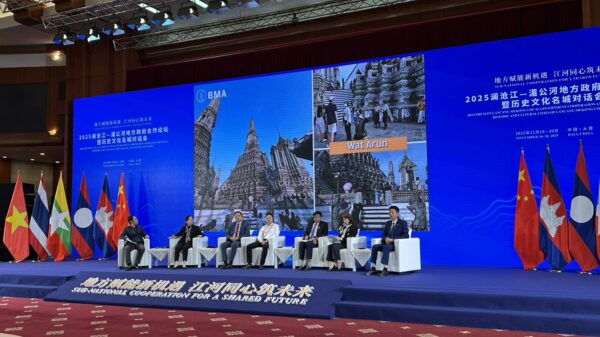
Dr. Wantanee Wattana, Permanent Secretary of BMA, co-chaired the ceremony to present plaques and certificates to Win as a model for good health for safe, drug-free driving among motorbike taxi drivers in Bangkok.
The Permanent Secretary of Bangkok said that the Bangkok Metropolitan Administration (BMA) has dimensions in working in many matters such as health care, occupational matters, and drug prevention, which are important. There is also the matter of organizing traffic, such as not driving on sidewalks. Today’s good activity resulted in 3 prototype motorbike taxi drivers from more than 4,000 people across Bangkok. They must have standards such as dressing, taking care of passengers’ safety, driving safely at night, and keeping themselves free from drugs by collaborating with the community to keep them safe from drugs as well. All of this ensures that such motorbike taxi drivers will be a model for maintaining good health and doing good deeds without using drugs and will continue to expand to various areas throughout Bangkok. In addition, Bangkok also has a health screening project for 1 million people, which motorbike taxi drivers throughout Bangkok are a target group because of their importance in society. It can protect the community in various dimensions and can stop incidents and be relied upon by the community as well as being the eyes and ears of the police and Bangkok, worthy of the term “motorbike taxi drivers in Bangkok” along with maintaining health and maintaining traffic discipline to make Bangkok a good society to live in as well.
In this regard, there are motorbike taxi drivers who have been considered by the working group to receive the award plaque as follows: 1. Phahon Yothin 34, Chatuchak District: They are a model for creating professional standards. They have occupational safety standards, and service standards and cooperate with the rules or working guidelines of the head motorbike taxi drivers. They have methods for creating leaders, interviewing, quality of life standards, work postures, and pro-social behavior (volunteerism). 2. Amphawa Temple and Bangkok Noi District Network: They are a model for creating a strong network. That is, they operate in a clear and strong network. The entire network has experience in working with drugs and can produce its facilitators. They were also able to transform from a burden to a source of strength as some of the project participants had previously been involved with drugs but changed their minds and became contributors to the community. 3. Anan Suksan 18-20 and the Bang Khen District Network: They are a model for creating information dissemination strategies by working with public spirit, bringing useful information and knowledge to disseminate in the area through various methods. For example, talking during pick-up and drop-off, participating in various social activities such as merit-making events, and attending meetings with various community networks. Therefore, they can create benefits and be accepted by the community.




